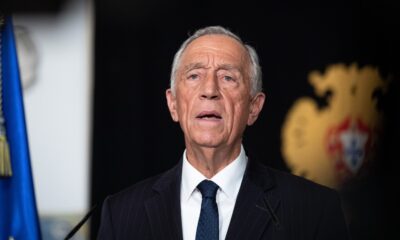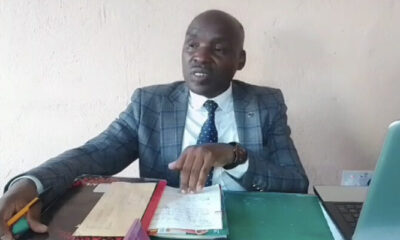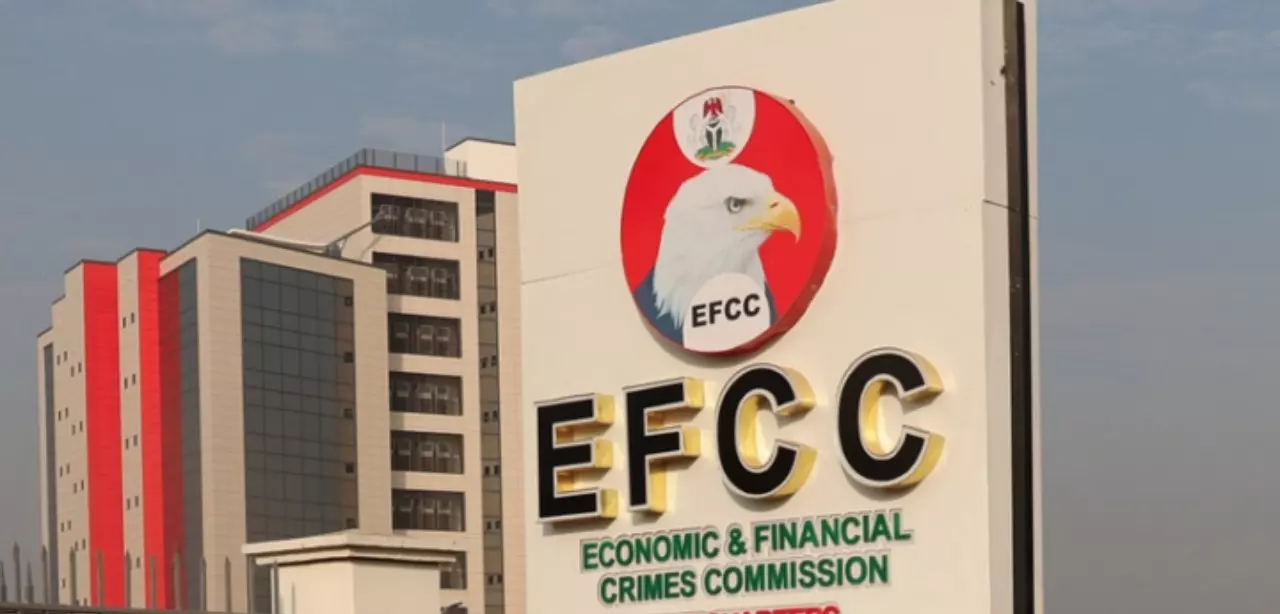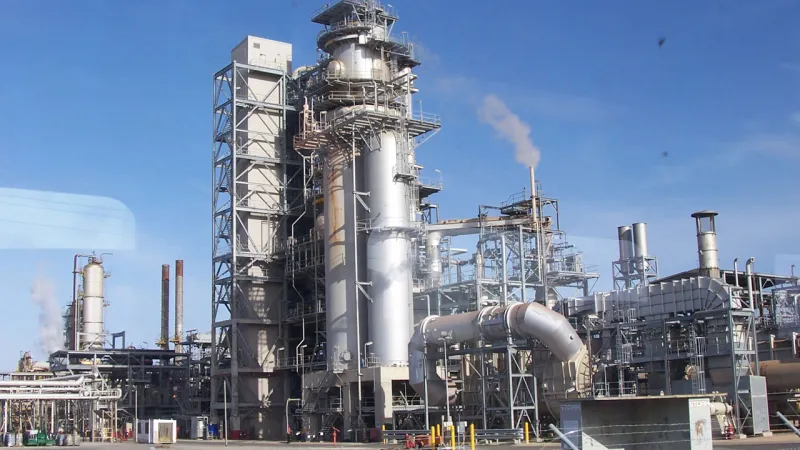Nigeria’s official data source, the National Bureau of Statistics (NBS) has revealed that the consumer price index (CPI), which measures the rate of increase in the price of goods and services, rose to 15.70 percent in February 2022, amid soaring fuel prices and scarcity.
The latest CPI, according to the NBS “is 1.63 percent points lower compared to the rate recorded in February 2021 (17.33) percent but the highest since October 2021 (15.99%).
This means that the headline inflation rate slowed down in February when compared to the same month in the previous year”.
According to the report, increases were recorded in all classifications of individual consumption according to purpose (COICOP) divisions that yielded the headline index.
The simple meaning of inflation is a “sustained upward movement in the overall price level of goods and services in an economy. Holding all else constant, this corresponds with a loss of purchasing power for a currency utilized within the economy”.
That is, your ₦500 now behaves like ₦450, by virtue of what could be purchased with it.
The report further says “On month-on-month basis, the headline index increased to 1.63 percent in February 2022, this is 0.16 percent rate higher than the rate recorded in January 2022 (1.47) percent,”
“Increases were recorded in all COICOP divisions that yielded the Headline index. On month-on-month basis, the Headline index increased to 1.63 percent in February 2022, this is 0.16 percent rate higher than the rate recorded in January 2022 (1.47) percent”
The percentage change in the average composite CPI for the twelve months period ending February 2022 over the average of the CPI for the previous twelve months period was 16.73 percent, showing 0.14 percent point from 16.87 percent recorded in January 2022.
The urban inflation rate increased to 16.25 percent (year-on-year) in February 2022 from 17.92 percent recorded in February 2021, while the rural inflation rate increased to 15.18 percent in February 2022 from 16.77 percent in February 2021.
Nigeria’s current inflation rate is not unconnected with the recent fuel scarcity that has hit the country Nigeria’s statistician-general, Simon Harry, hinted last month “As you are bringing your commodities to the market for sale, you will be thinking of adding some amount on the selling costs so that you will be able to recover the costs of transportation”
“So that gives us a negative signal that is capable of affecting not just inflation rate, but also other macro-economic variables such as the Gross Domestic Product (GDP) and even the unemployment rate.
“I can, however, assure you that certainly, it is not the best for the economy and if we must maintain a stable macroeconomic environment, this kind of crisis certainly is not the best for it is not needed.”
In 2021, Nigeria’s inflation rate was projected to reach 16 percent. In January 2021, the inflation rate in urban areas of Nigeria grew by 17 percent compared to the previous months, while the rural inflation rate experienced an increase of 15.9 percent. In 2020, Nigeria recorded one of the highest inflation rates worldwide.

 Culture1 day ago
Culture1 day ago
 Metro2 days ago
Metro2 days ago
 Musings From Abroad14 hours ago
Musings From Abroad14 hours ago
 VenturesNow2 days ago
VenturesNow2 days ago





















